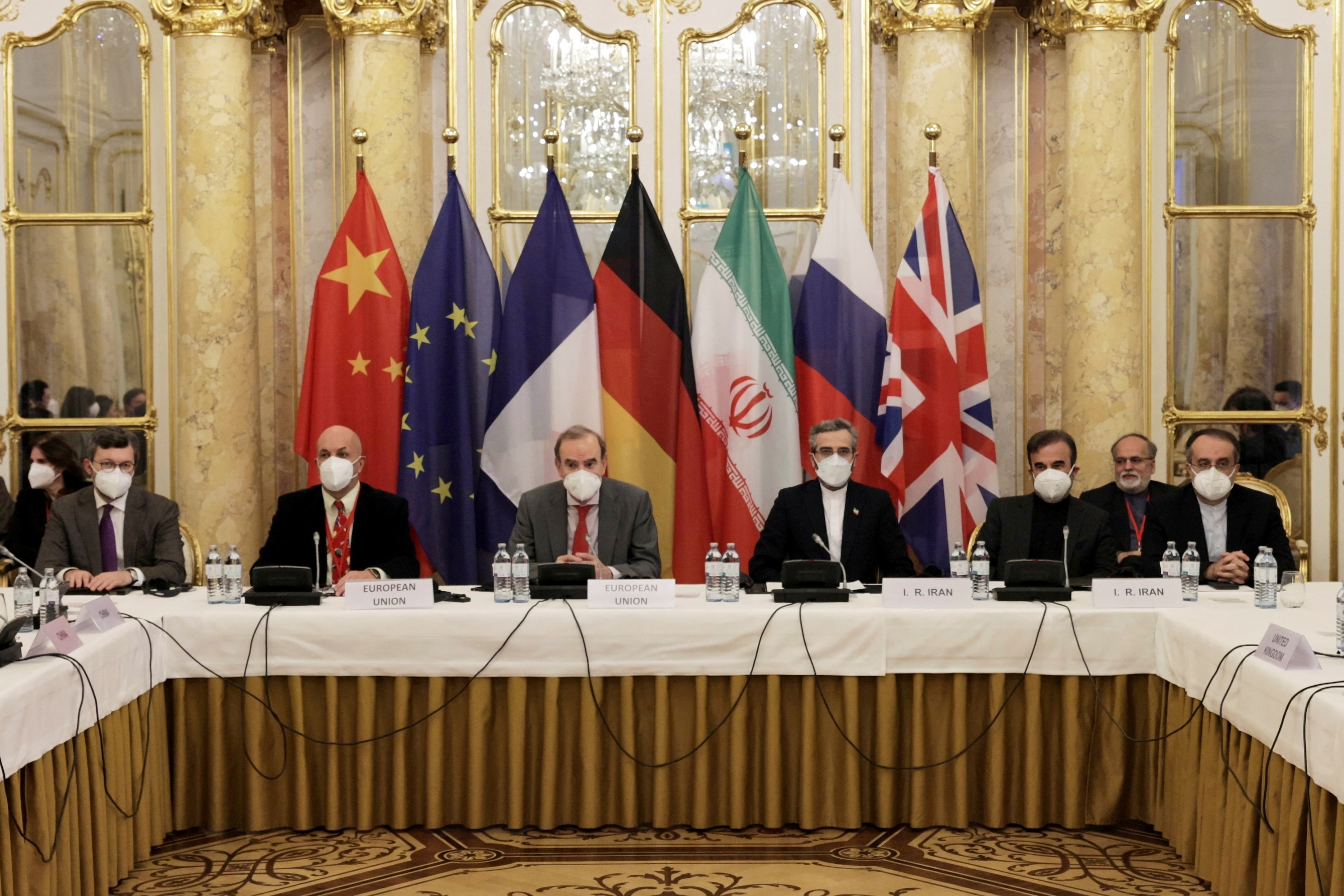
Tehran, Iran – An agreement on restoring Iran’s 2015 nuclear deal with world powers could be near after another round of negotiations led to a “final text” offered by the European Union.
The bloc’s foreign policy chief Josep Borrell said the latest indirect, EU-mediated talks between Iran and the United States – which this time also saw participation by representatives from China, Russia, France, Germany and the United Kingdom – focused on technical adjustments to a text he proposed on July 21.
“What can be negotiated has been negotiated, and it’s now in a final text,” Borrell wrote in a tweet late Monday after the talks concluded and negotiators headed back to their nations’ capitals for consultations.
“However, behind every technical issue and every paragraph lies a political decision that needs to be taken in the capitals. If these answers are positive, then we can sign this deal,” he said.
Russia’s chief negotiator, Mikhail Ulyanov, also confirmed reception of the final text, saying if Tehran and Washington have no objections, the Joint Comprehensive Plan of Action (JCPOA), as the deal is formally known, can be restored.
Iran said Foreign Minister Hossein Amirabdollahian had a phone call with Borrell after the text was circulated, saying Iran’s “views and considerations” were conveyed to the bloc, and Tehran expects “seriousness” from all sides to achieve an agreement.
Negotiators from different parties expressed cautious optimism about the prospects of restoring the deal the US unilaterally abandoned in 2018, saying progress was made after months of a lull.
But messaging from the Iranian side signalled some issues still remain unresolved, countering the European narrative that appears to call for a quick final decision.
‘Reservations’
An unnamed senior foreign ministry official told state-run media on Monday that Iranian negotiators conveyed their “initial response and reservations” as soon as they received the European text, promising to convey additional views soon after returning to Tehran later Monday.
State media also quoted an unnamed official earlier as saying the sides are not yet “at a stage to finalise the text” as further discussions are required.
A major remaining issue is a safeguards probe by the International Atomic Energy Agency (IAEA) into several Iranian nuclear sites, where man-made nuclear particles were found several years ago.
Iran has said the probe needs to be closed for the JCPOA to be restored, but Western officials maintain this is a separate issue from the nuclear deal. But there have been unconfirmed reports about the possibility of an agreement that would make sure the investigation wraps up provided Iran fully cooperates with the nuclear watchdog.
Western media outlets have also quoted unnamed Western officials as saying Iran has abandoned its demand to take the Islamic Revolutionary Guard Corps (IRGC) off a US “terror” list, instead agreeing to discuss the issue after an agreement has been reached on the JCPOA.
Iranian state media have refuted this claim, saying Tehran has not abandoned any of its major positions in the negotiations that initially began in April 2021.
The JCPOA provided sanctions relief to Iran in exchange for stringent curbs on its nuclear programme, which Tehran claims is strictly peaceful.
But former US President Donald Trump abandoned the deal in 2018, introducing harsh sanctions that have been enforced and expanded by President Joe Biden. In response, Iran significantly increased its nuclear efforts, and is now enriching uranium up to 60 percent using advanced centrifuges.
A State Department spokesperson said on Monday the United States stands ready to “quickly conclude a deal”.
Speaking on condition of anonymity, the spokesperson said Iran has repeatedly said it is prepared for a return to mutual implementation of the agreement. “Let’s see if their actions match their words.”







